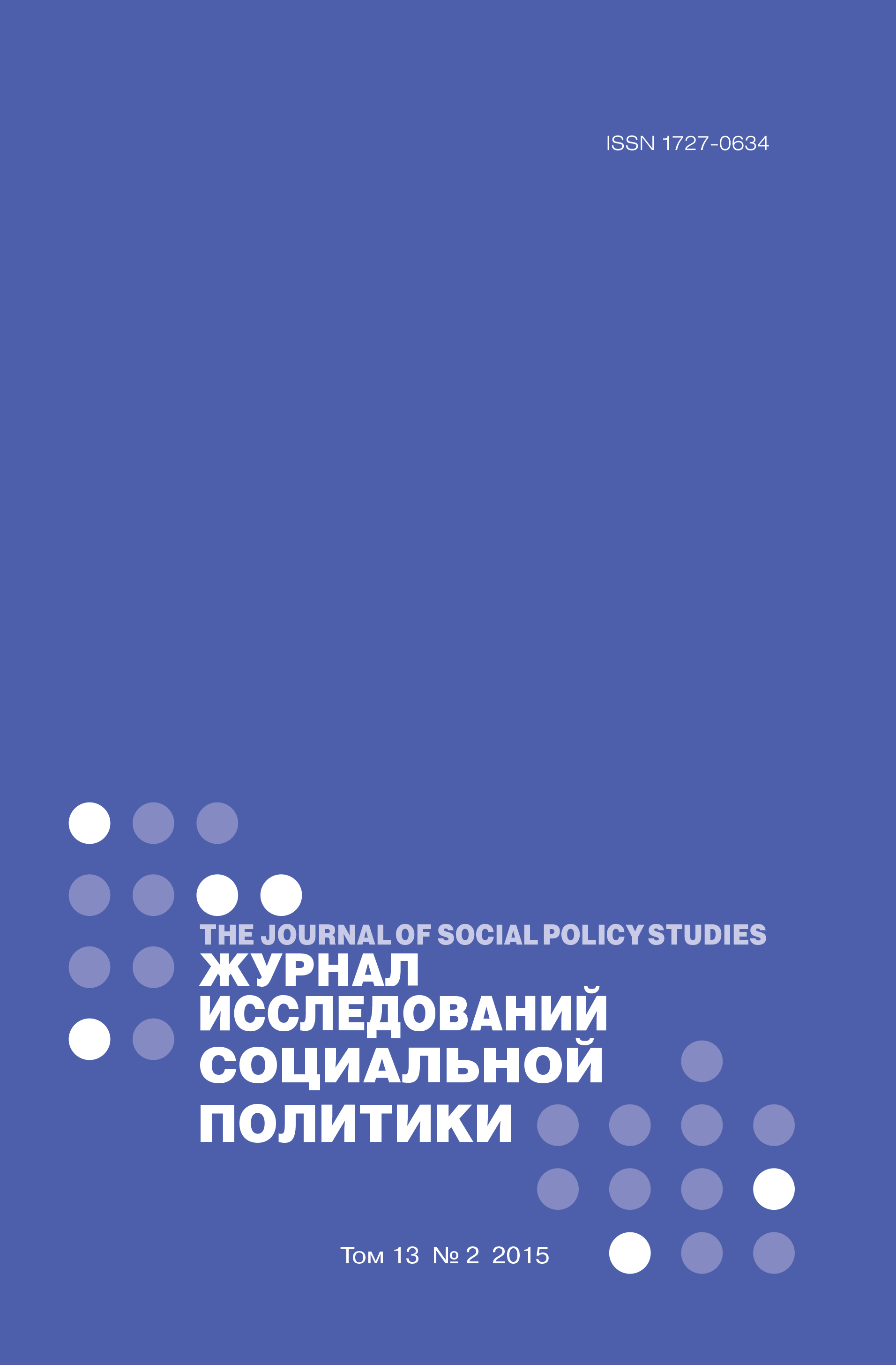Transitions into Adulthood and Inequalities: the Institutional Perspective
Keywords:
Europe, transition to adulthood, institutional perspective, life course
Abstract
The life course approach and, more specifically, the transition to adulthoodhave become important fields in social science. The creation of the family unit,finishing one’s education, entering the labour market, accessing social securityand progressing on the property ladder have all been the focus of systematicinquiries based on different theoretical paradigms that examine the backgrounds,trajectories and destinations of these transitions. This paper reviews debates inthe contemporary field of transition research and argues that public policy outputsdo not necessarily form coherent normative patterns. Nevertheless, theymay provide an important reference framework for norms and expectations.This research has demonstrated systematic class, ethnic and gender differencesin biographical pathways, despite the trend towards more deliberate biographyconstruction. It is suggested here that the timing and sequence of the variousstages of transition to adulthood depends on the compatibility existing betweendifferent life domains, i. e. the various societal and individual, structural andcultural levels. Such compatibility can be achieved by means of public policiesthat facilitate a "normal" transition through normative prescriptions and resourcere-distribution.Downloads
Download data is not yet available.
Published
2015-06-29
How to Cite
КравченкоЖ. В. (2015). Transitions into Adulthood and Inequalities: the Institutional Perspective. The Journal of Social Policy Studies, 13(2), 303-316. Retrieved from https://jsps.hse.ru/article/view/3322
Section
ARTICLES IN ENGLISH















